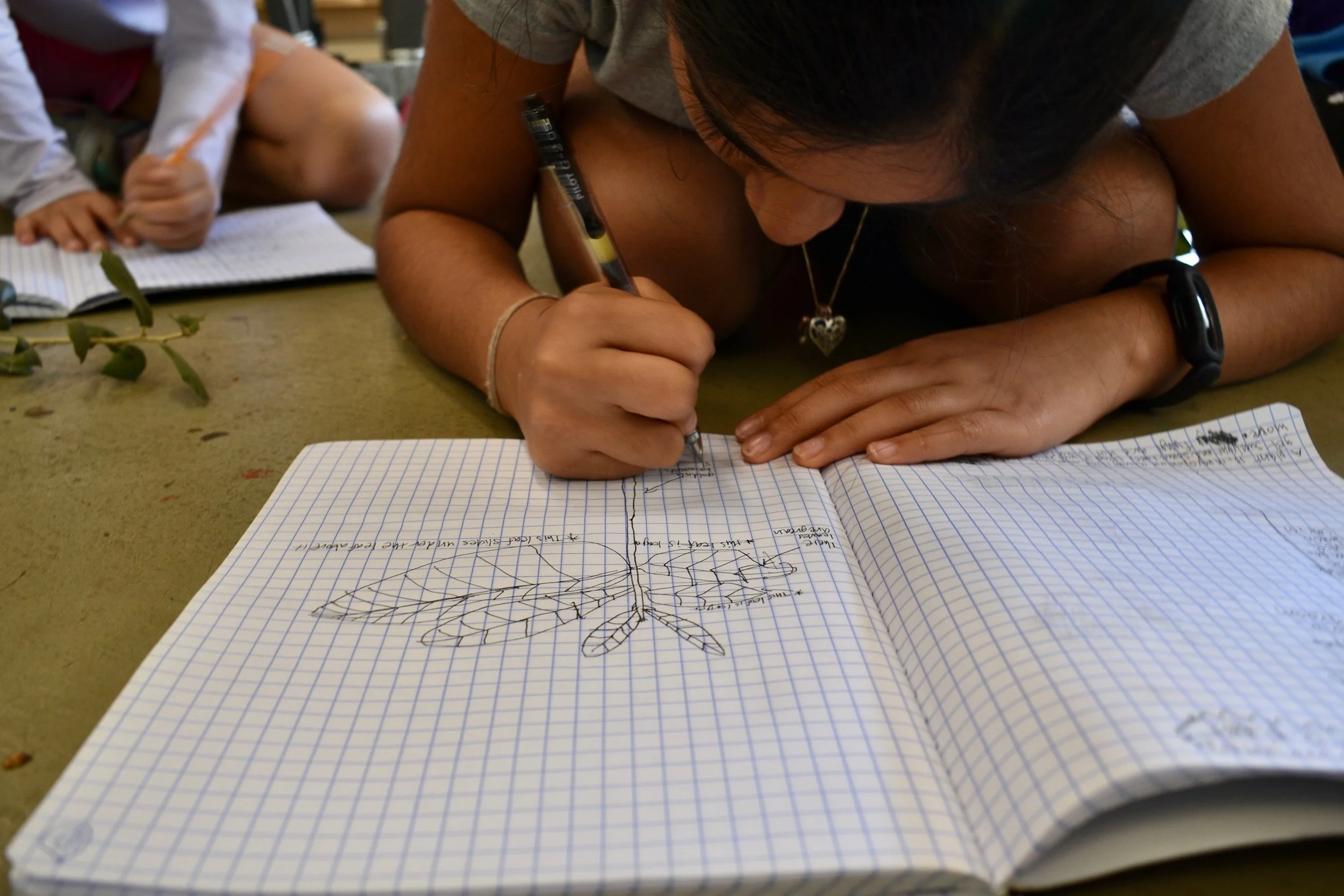“What ‘behavior management’ system do you use?” This is a question we often hear from visiting educators, as well as prospective parents touring the school for admissions. We understand the general impetus for this question, prefaced around wondering whether our classrooms are “well run” or or “well behaved” or just based in curiosity with how we “deal” with children who might not be on task in the way we’d like them to be. In many schools, behavior management systems are almost a badge of honor for teachers, proudly displayed as evidence of a classroom under control. And believe it or not, some of us even sat through entire college courses dedicated solely to this topic!
However, the notion of a behavior management system does not square up with our philosophy at Long-View. First and foremost, we do not actually think about “managing” anyone’s “behavior.” We are interested in teaching children to productively engage in the learning process with agency, curiosity, and earnestness, and a system of managing behavior does not serve this goal. So be assured, we are not handing out popsicle sticks or changing cards from green to yellow to red….
Read More


